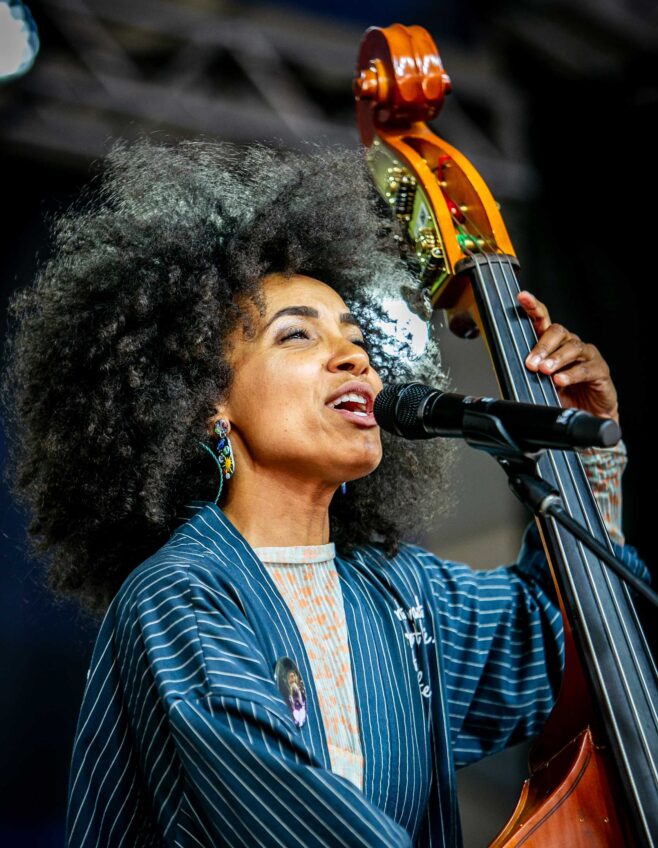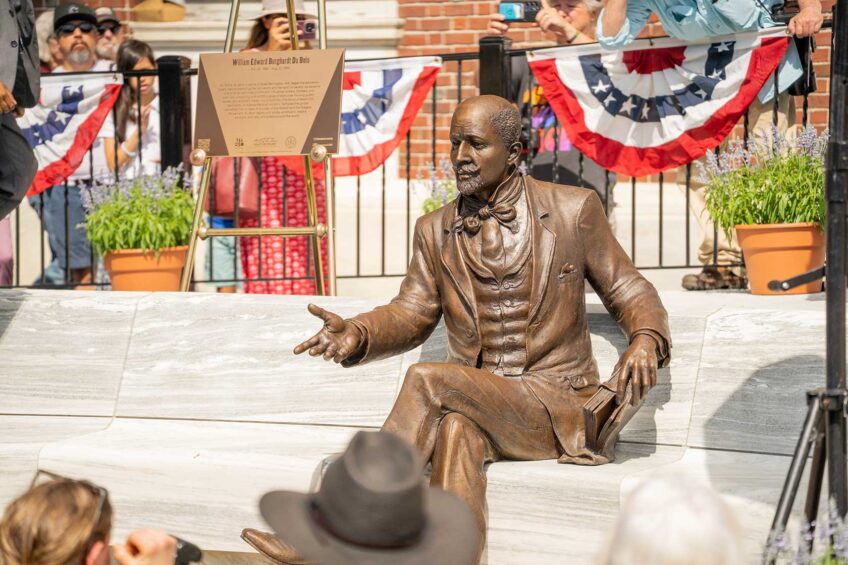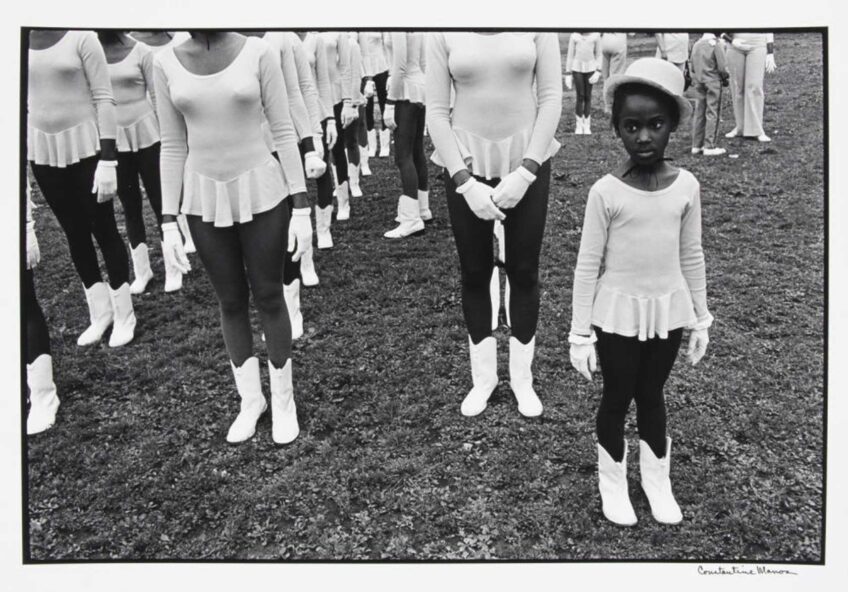‘Trans Scripts’ stage play tells empowering, human stories
American Repertory Theater production runs through Feb. 5
The American Repertory Theater’s “Trans Scripts, Part I: The Women,” playing through Feb. 5, should be mandatory viewing for anyone who identifies as human. The 90-minute show follows the stories of seven transgender women of different nationalities and transition histories. They sit panel-style chatting with us and each other not only about what it’s like to change genders, but about what it’s like to search for identity, and to grow into oneself.
The hallmark of “Trans Scripts” is its unending positivity. The dark side of transitioning is shown — the violence, the loss of friends and family — but the show is never mournful or self-pitying. It’s frank, honest and often wildly funny. Much of that humor comes from Zakia, played by Matthew Hancock. She had one of the more supportive transitions, with family and friends attending her drag shows and helping her through. Her resulting “deal with it” attitude brings laughter and wisdom to the narrative.
On the web
For more about “Trans Scripts, Part I: The Women,” visit: https://americanrepertorytheater.org/events/show/trans-scripts-part-i-women
Diverse experience
Writer Paul Lucas created “Trans Scripts” to show the diversity in people and experience in the trans sphere. He compiled these seven stories from interviews with transgender women across the world. Though each character has a linear storyline, they represent dozens of women who have carved their own difficult path toward selfhood. The characters range from a Latina and African American 20-something who transitioned at 17, to a 71 year-old gynecologist who transitioned at 68. Even more importantly, the women don’t always present a unified front. There are dissenting opinions in the group about prostitution and genital surgery.
Each woman has her own hang-ups and priorities. Eden, played by Rebecca Root, was born intersex with both genitals and her father chose to raise her as a boy. Because of this history, she’s focused on having female genitals, while many of her counterparts feel that’s not essential to be a woman. Zakia says, “My body does not determine who I am.” Luna, played by MJ Rodriguez, puts her emphasis on activism and paving the way for future transgender people. She describes her first demonstration and how her childhood in foster care inspired her to help others.
Many of the actors are transgender or identify as on the gender spectrum rather than part of the male/female binary. They’re able to produce such powerful, resonant performances because they’ve had these experiences themselves.
Often times, even when body parts are being discussed, it’s easy to forget that the show is specifically about transitioning. The content applies to anyone who doesn’t fit within the strict gender “norms” of the United States, or even anyone who doesn’t fit within tight societal standards. “It’s not only a gender quest,” says one woman. “It’s a human experience. You get to rebuild yourself the way you think you should be.”







